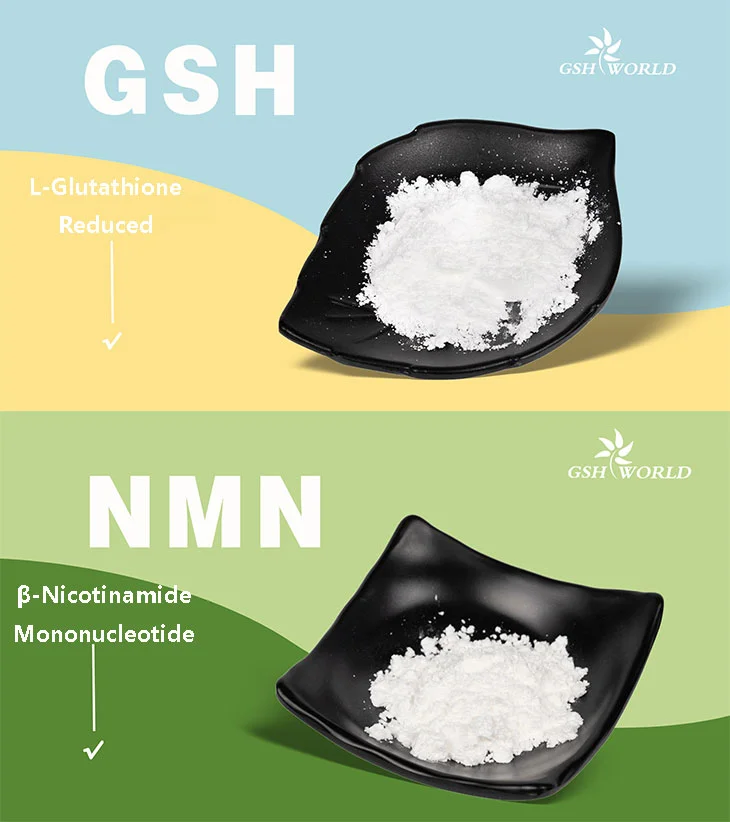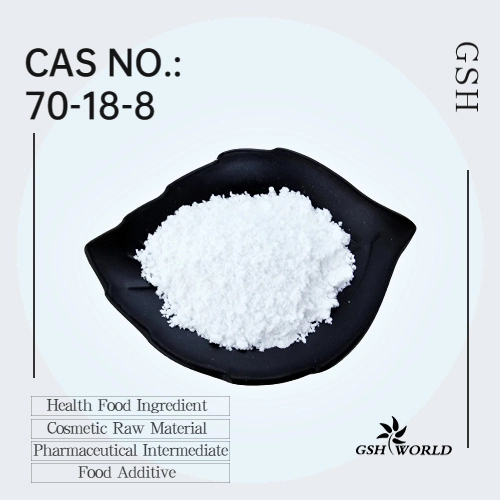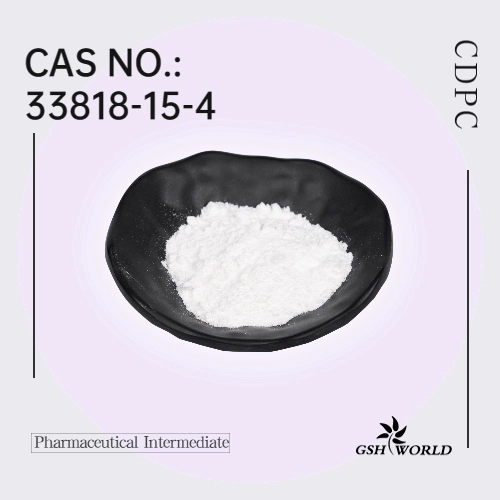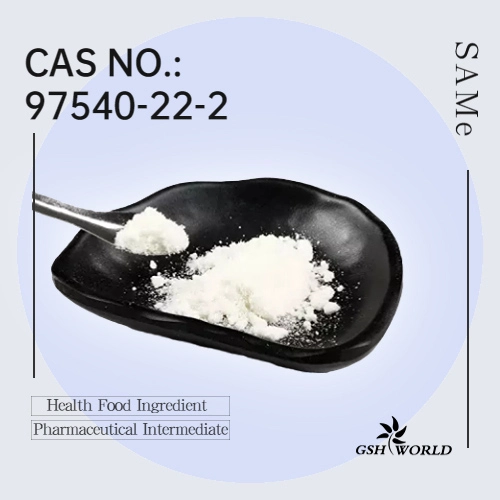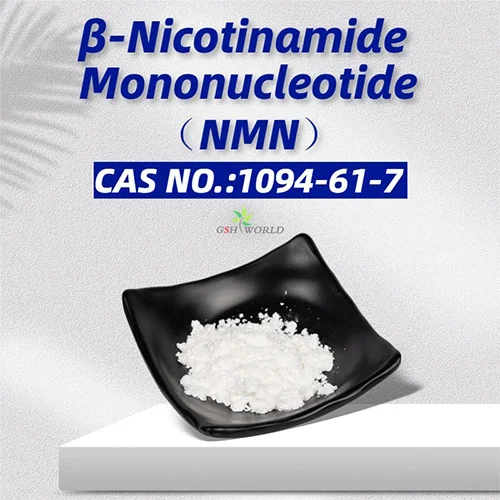Citicoline Improves Cognitive Function
Post-stroke cognitive impairment (PSCI) refers to a series of syndromes that meet the diagnostic criteria for cognitive impairment within 6 months after the clinical event of stroke, and is a subtype of VCI.
PSCI advocates the principle of early screening and timely comprehensive intervention, which is extremely critical for choosing reasonable drug treatment.
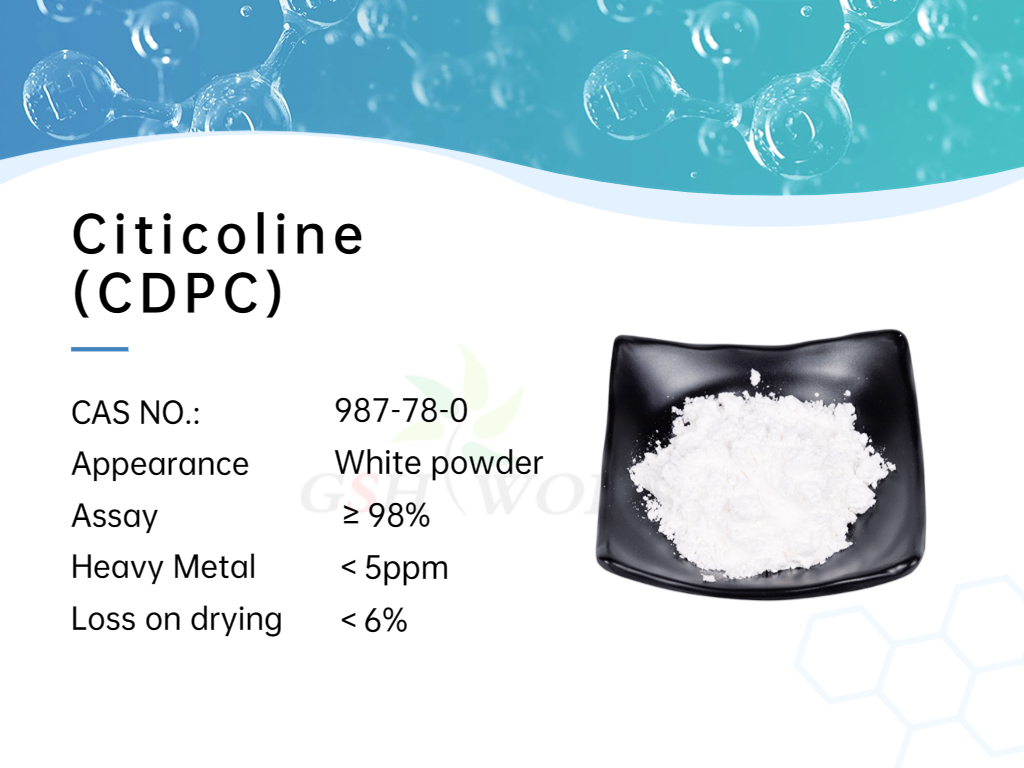
1. Clinical application of citicoline in the prevention of cognitive impairment in first-episode stroke patients
In 2012, Alvarez-sabín designed an open, randomized, parallel-group study to investigate for the first time the safety of long-term (1-year) oral citicoline and its efficacy in preventing cognitive decline in first-episode stroke patients.
In this study, 347 first-episode stroke patients (onset <6 weeks, NIHSS score 14 (10-17)) were randomly divided into a treatment group (citicoline, 1000mg/d, 172 cases) and a control group (only received conventional treatment, 175 cases), treated for 1 year, and evaluated the cognitive function of the patients with six indicators of attention execution, memory, language, sense of space, speed of movement, and time-space orientation.
Attention execution and spatiotemporal orientation in the treatment group were significantly better than those in the control group at 6 and 12 months (p<0.05). At the end of treatment, the improvement in functional prognosis (mRS score ≦ 2) in the treatment group was better than that in the control group (57.3% vs. 48.7%).
Research conclusion: Long-term (1 year) oral administration of citicoline can effectively prevent the occurrence of cognitive dysfunction in patients with first-episode stroke and improve the functional prognosis of stroke.
2. Citicoline improves cognitive impairment and quality of life in first-episode stroke patients
In 2016, Alvarez-Sabín designed and carried out an open, randomized, parallel-group study to investigate long-term (2-year) oral citicoline in preventing the decline of cognitive dysfunction and improving the quality of life of patients with first-episode stroke.
A total of 163 first-episode stroke patients (onset < 6 weeks, NIHSS score 13 (10-16)) were included in the study, and they were randomly divided into a treatment group (citicoline, 1000mg/d, 86 cases) and a control group (only received conventional treatment, 77 cases) for 2 years. The cognitive function (Global Cognitive Impairment, GCI) of patients was evaluated at 1, 6 months, 1, and 2 years after stroke, and the quality of life (quality of life) was evaluated with EuroQol-5D questionnaire at 2 years after stroke. life, QoL).
The cognitive function of the control group continued to deteriorate after the first year, while the cognitive function of the treatment group maintained a trend of improvement, and was significantly better than the control group at the second year (p=0.005).
In addition, long-term (2 years) cognitive impairment will lead to a decline in the quality of life of patients, while citicoline can improve the quality of life of patients of all ages.
*Special note - This article is for informational purposes only and cannot replace a doctor's treatment diagnosis and advice. It should not be regarded as a recommendation or proof of efficacy of the medical products involved. If it involves disease diagnosis, treatment, and rehabilitation, please be sure to go to a professional medical institution to seek professional advice.
Previous: NMN activates the function of Sirtuins protein
Next: NMN may serve as a potential preventive measure for tumors
by GSHWORLD
GSH Bio Tech is China Biological API Manufacturer. China Citicoline Supplements powder suppliers & best Citicoline benefits raw material Factory.


